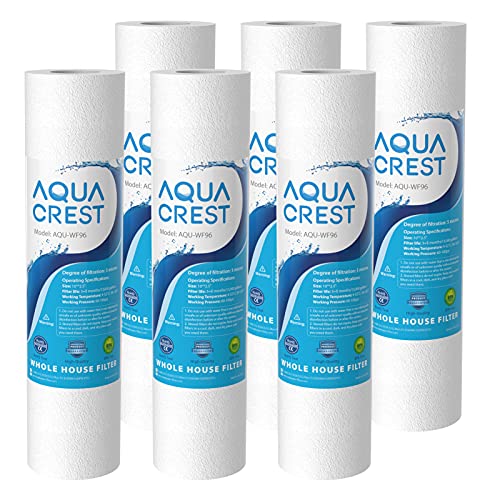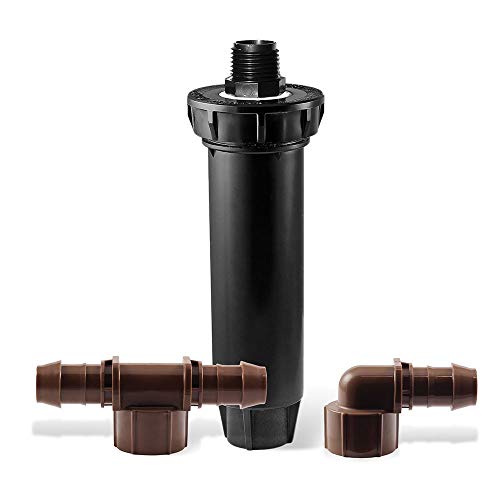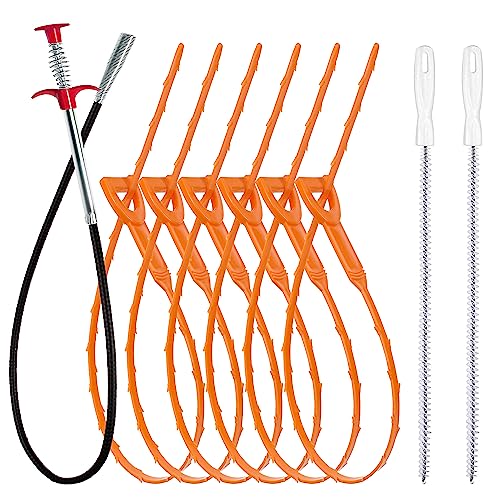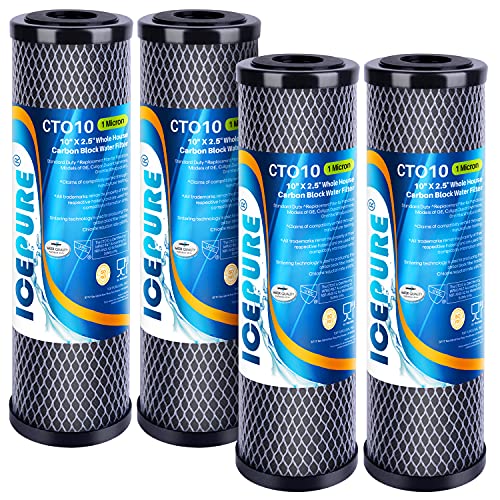Thundercat710
Member
Thanks, I'll look into thatI'm pretty sure it is the hot nipple combo deal.
You can call the mfr and they will tell you.
But why not just get one or, if in a closet, one of these.
https://www.homedepot.com/p/EASTMAN...-Rod-with-5-in-Nipple-Fitting-60289/318559677I'm overdue on both WHs at my house too.






















![MEISTERFAKTUR drain snake 2.0 [50 FT] - with drill attachment - Ideal plumbing snake for sink and drain unblocking - Solid drain auger for real DYIs! (50 FT - 1/4 inch)](https://m.media-amazon.com/images/I/41VwmTiOsgL._SL500_.jpg)

































